
views
- Asociality is a desire to be left alone. It’s often associated with introversion, but it’s not necessarily a condition—or even a problem.
- Antisociality refers to an openly hostile disposition towards society and people. It’s a key symptom of several major mental health disorders.
- Asocial behavior can be a symptom of autism, schizophrenia, or chronic depression, although it’s usually more of a personality trait.
- Antisocial behavior is the key symptom of antisocial personality disorder (ASPD), which is commonly known as sociopathy.
Asocial vs Antisocial Definition

If you’re asocial, you don’t want to interact with others. Asocial people are generally uninterested in engaging with society or socializing with others. They won’t jump at the opportunity to hang out with friends, speak up in a class debate, or try new social activities. While being asocial can be a symptom of an underlying condition, it’s often just a personality trait or passing mood. The word “asocial” is a combination of the prefix “a-,“ which means “without,” and “social,” which means “with others.” It’s similar to words like “amoral” (without morals), or “agnostic” (without belief).
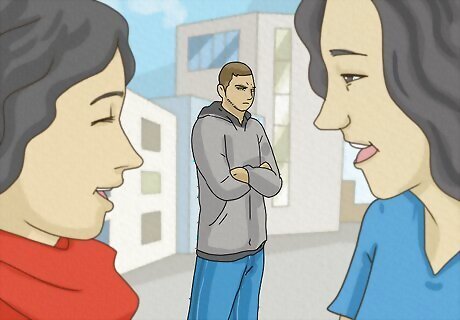
If you’re antisocial, you’re openly hostile and aggressive to others. Antisocial people actively seek to undermine people and inflict havoc. They may bully people, commit crimes, or violate social norms to make others uncomfortable. Antisociality is rarely fleeting, and it’s usually a symptom of an emotional or mental health disorder. Antisociality is the lynchpin of sociopathy—a mental disorder where a person has no regard for right, wrong, and the way other people feel. Asociality isn’t really a clinical term—it’s just a descriptor. Antisociality on the other hand, is a psychological symptom used by medical clinicians. The word “antisocial” is a combo of “anti-,” which means “against” and “social.” Think about the words like “antifreeze” (against freezing), or “antibacterial” (against bacteria).
Symptoms

Asocial people usually just want to be left alone. While an asocial person may have a tendency to feel a little isolated and sad from time to time, they’re often perfectly content to spend most of their time by themselves. Other common signs that someone is asocial include: A disinterest or nervousness in participating in large groups. A tendency to miss social cues or violate etiquette. An inability to hold conversations for an extended period of time. A preference for solitary activities.
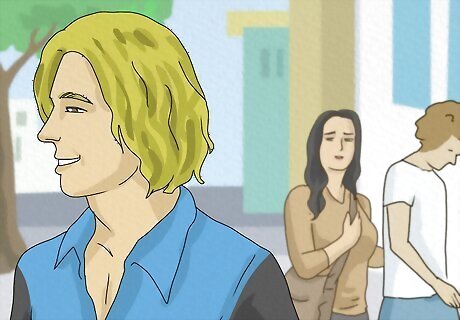
Antisocial people don’t care about the feelings of others. Antisociality has nothing to do with disliking social situations. In fact, an antisocial individual may really enjoy parties and group gatherings. However, they’re not fun to be around—antisocial people don’t care about others, and they can be quite cruel. Other signs someone is antisocial include: A lack of remorse and a disregard for consequences. A tendency towards violent, aggressive, or manipulative behavior. A difficult time respecting boundaries or following instructions. A predilection to break the law.
Key Differences
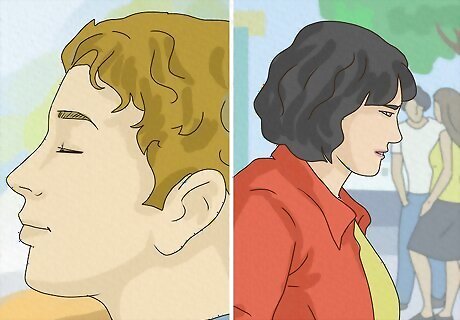
Asociality is a state of mind while antisociality is a way of being. Asociality isn’t embedded in someone’s brain the way antisociality is, and an asocial person can naturally blossom into someone who enjoys socializing over time. Antisociality, on the other hand, requires a lot of medical and therapeutic help. Some people go through a period of antisocial behavior in adolescence as they’re developing emotionally. However, antisocial conditions are typically chronic and lifelong.

Asocial people experience empathy while antisocial people don’t. Empathy is the ability to imagine how other people might feel and put yourself in their shoes. This is why most people feel sad when they see bad things happen to people who don’t deserve it. Asocial people may prefer solitude, but they still experience empathy. Antisocial people don’t. They may be able to imagine how something might feel on an intellectual level, but they don’t experience those feelings. Psychopaths and sociopaths are both subtypes of antisocial. One of the core differences between sociopathy and psychopathy is whether they can intellectually understand empathy. Sociopaths can’t, while psychopaths can.
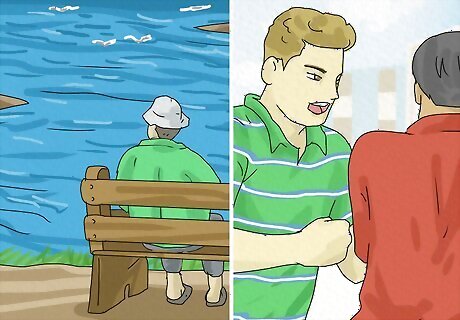
Asocial people don’t like socializing, while antisocial people often do. Some antisocial people aren’t fond of being around other people, but that’s by no means universal. In fact, antisocial folks may even seek out others—if for no reason than to bully, deceive, or take advantage them. Asocial people genuinely just want to be alone. For most people, being asocial is a lot like being introverted—it’s just a natural orientation towards the world.

Asociality is passive, while being antisocial is active. Being asocial is all about not doing something—talking with others, socializing, seeking out relationships, etc. Someone is defined as antisocial by virtue of their actions, though. They deceive, manipulate, fight, and go out of their way to be self-serving. Antisocial people fall on a spectrum. On one end, you might imagine someone who lies regularly to avoid consequences. On the other end, you might picture Hannibal Lecter.
Associated Conditions
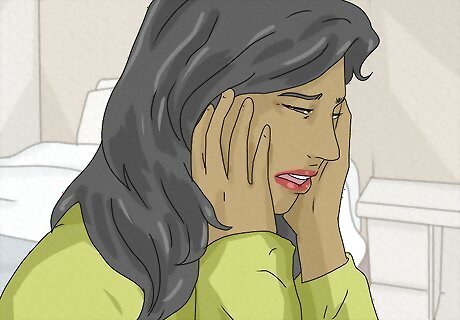
Asociality could be a sign of autism, schizophrenia, or depression. While asociality is typically a benign personality trait, it can be a symptom of a handful of mental and emotional conditions. Autism is the most common condition if the asociality emerges early on in life. However, it may be a sign of something more serious. People with schizophrenia suffer from delusions or hallucinations. They may also display disorganized speech or struggle to take care of themselves. If someone has clinical depression, they usually experience overwhelming hopelessness that keeps them from engaging with others or pursuing interests. A person may experience chronic asociality as a result of traumatic brain injury or social anxiety.
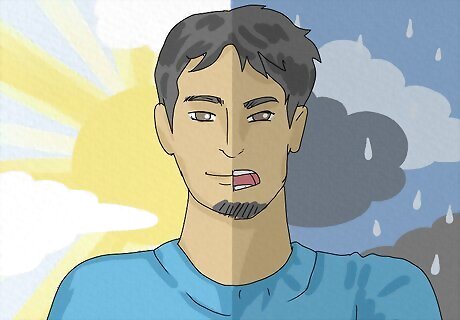
Antisocial behavior is the key diagnostic indicator of ASPD. Antisocial personality disorder (ASPD) is a serious personality disorder. It is caused by a combination of genetic and environmental factors, and it’s common among criminals and adults who experienced trauma as children. ASPD is closely related to narcissistic personality disorder, bipolar disorder, and histrionic disorder, all of which can be equally difficult to cope with. Antisocial behavior shares a comorbidity with depression.
Getting Help

If you’re asocial, try to explore a new hobby or make a new friend. Recognize that it’s totally okay to enjoy being by yourself and remember that there’s nothing wrong with you. But if you do want to open up a bit more, start small! Choose one new activity with a social element and pursue it. Alternatively, if you’ve been talking to someone new at work or school, ask them to hang out. By making little changes, you’ll find yourself opening up over time. If you’re looking for a slightly social activity, consider joining a book club, signing up for a yoga class, or volunteering at a local shelter. If you think you’ve turned a little asocial because you’re depressed, don’t hesitate to reach out to a friend or family member for help.
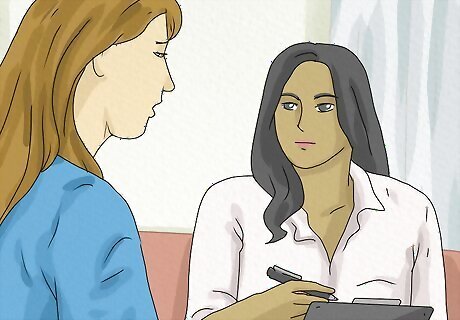
If you’re antisocial, reach out to a psychotherapist for help. ASPD is a serious condition, but it can be managed with therapy, and potentially medication. Talk therapy with a trained professional can dramatically improve your quality of life and help you work through any underlying issues. You can find a licensed therapy near you at Better Help. Managing ASPD is often done by managing other adjacent behaviors and issues. For example, if you’ve got an issue with alcohol addiction and physical violence, you may work on treating the addiction and managing your anger. A therapist may recommend going to see a primary care physician first just to rule out any other medical conditions.



















Comments
0 comment